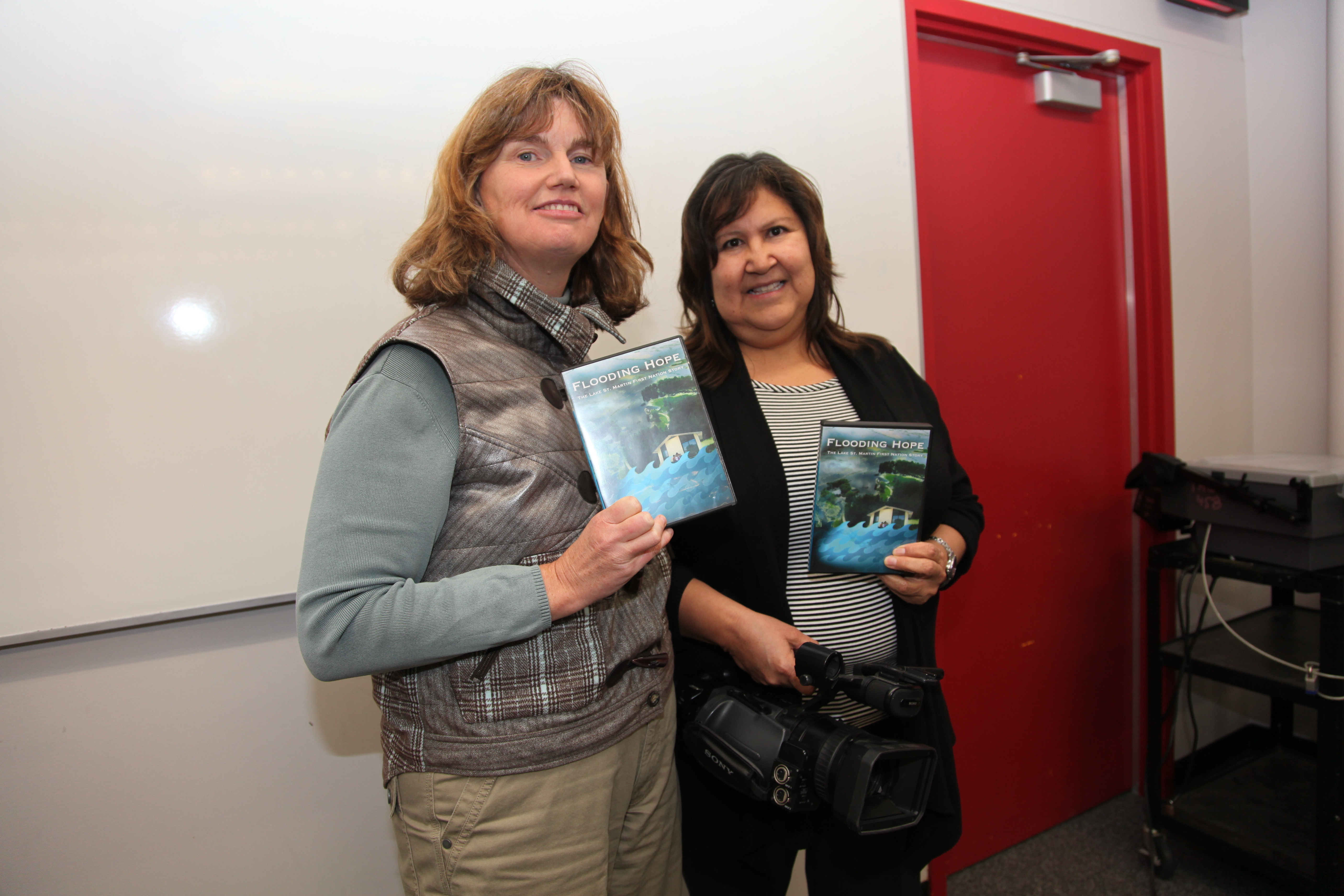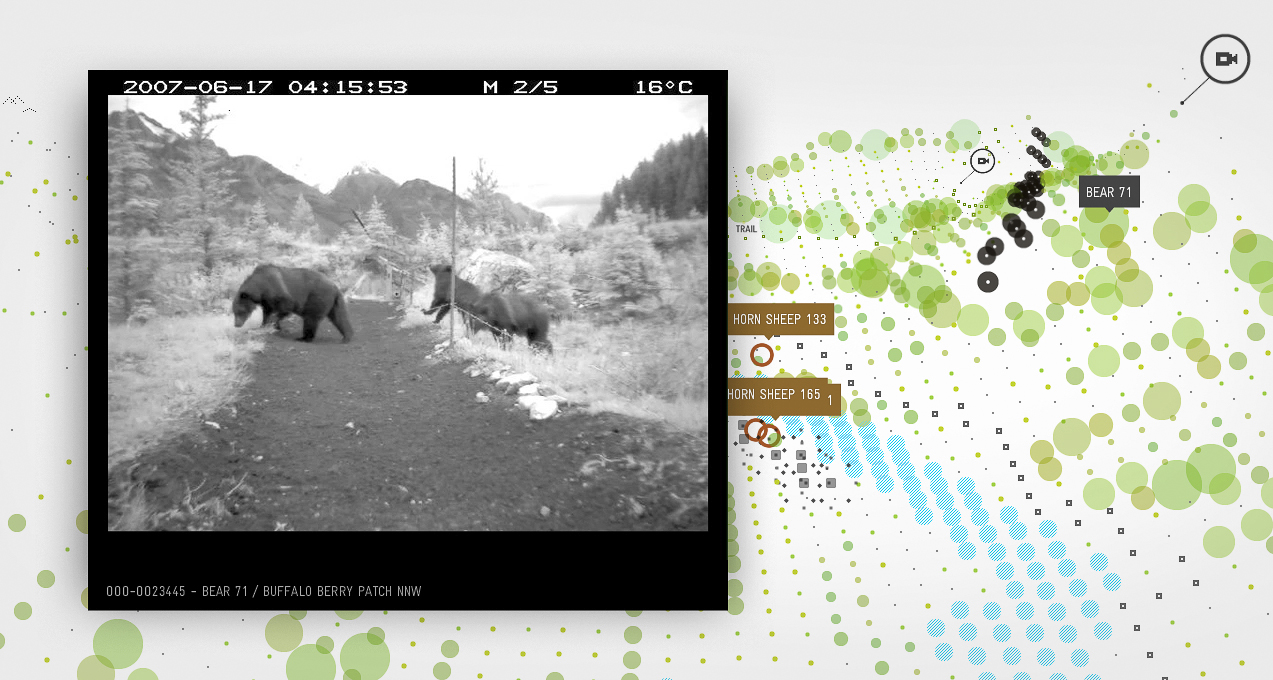Throughout history, art has survived political and social oppression, and even been fuelled by it. Artists not only continue their effort despite censorship and cultural boundaries — often feelings of outrage, pain, and hope instill the work with force.
A result of such oppression is the play The House of Bernarda Alba by Federico Garcia Lorca, being put on by the Black Hole Theatre Company this month. The play follows a mother who rules tyrannically over the lives of her five daughters and imposes an eight-year mourning period after the death of their father. The five women range from ages 20-39, and at this pivotal time in their lives they are confined and unable to search for the love and freedom they long for.
This play features an all female cast, but the repression conveyed is not isolated to that gender. The House of Bernarda Alba is the third in a trilogy of “folk tragedies” by Lorca, and in the others, which have male characters, those men are just as bound by societal expectations of what their duties are, what is required of them and what it is to be a “real man.” Although written in the 1930s, the concepts dealt with are no less relevant today.
The artist did not construct the oppression in the play theoretically; it was the result of a lifetime of suppressed ideas and words. Lorca wrote the play amidst the turbulence of 1936 Spain, just before civil war broke out and the country was taken over by a fascist regime. He was liberal minded, homosexual and stood for a free republic at a time leading up to massive censorship. Two months after writing Bernarda Alba, Lorca was executed by fascist forces.
“Because Lorca is famous as a poet and also has a good sensibility of Spanish life in the time that he was living in,” says director Brenda McLean, “the play really is an expression of how he feels, and he puts a lot of emotion and a lot of poetry into his language and into the writing of the play itself. You can see the characters are speaking from their hearts, from their passion, from their soul.” She suggests that what he couldn’t openly say about how he felt, he probably put into the words of other characters, particularly the character of Adela. She, the youngest of the sisters, written by Lorca as a projection of himself, desperately tries to escape oppression by secretly having an affair with the man who is set to marry her older sister. This attempt at passion creates the conflict of the play and underscores its tragedy.
But life isn’t exclusively tragic. The truth of the piece can be seen in such elements as the character of Maria Josefa (the grandmother), who is dramatic to the point of being darkly comedic, and at times the characters do find humour in their tragedy. The show also features live Spanish music and flamenco dance.
“As much as there are the elements of tragedy in the play, we’ve also tried to find the elements of what it is to live and how these women want to express themselves, or what it would be like to express themselves from a liberated point of view through dance and through music” says McLean. “Most of all, [the audience] would relate to the heart and soul of the piece.”
The House of Bernarda Alba runs March 8-19 at the Black Hole Theatre in the University of Manitoba.



